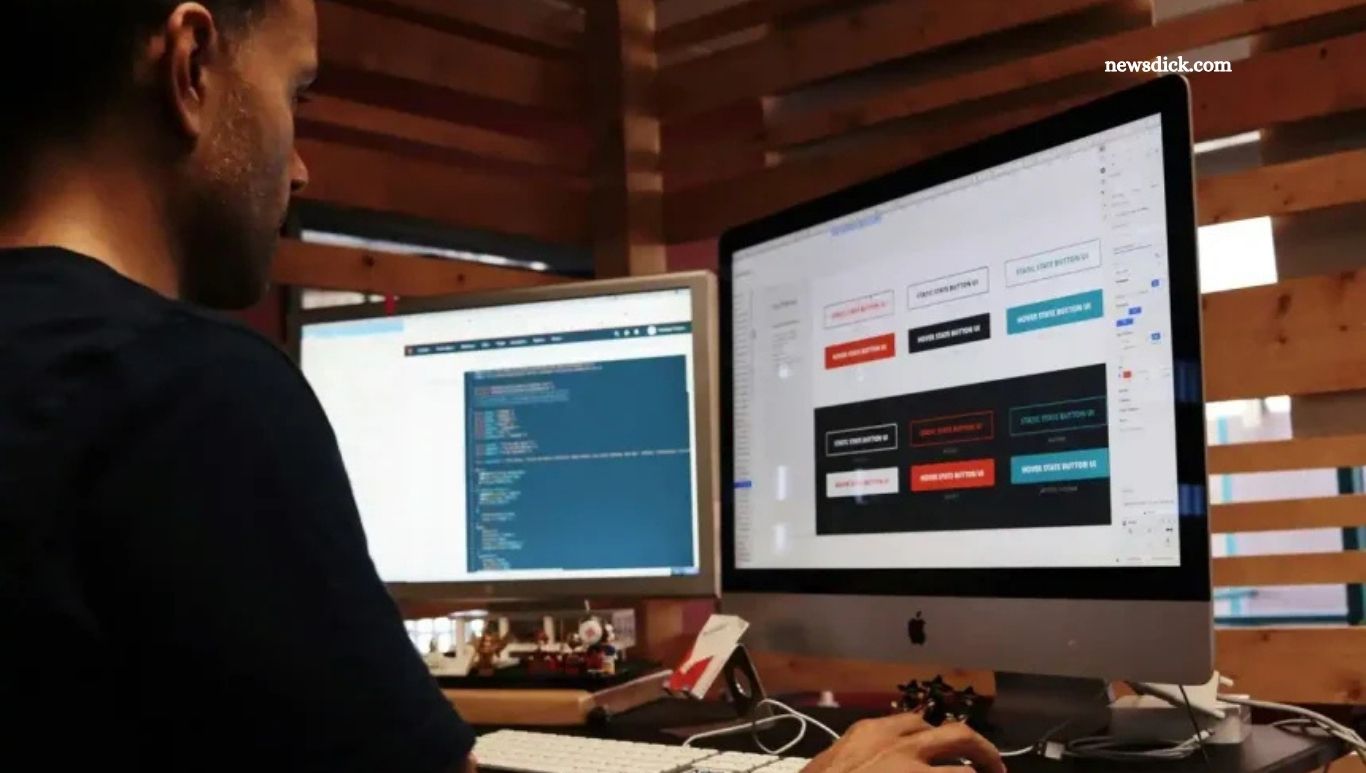Rising inflation has increased developer labor costs in recent years. However, advances in technology—like more efficient AI processing and cheaper cloud storage—have lowered expenses, making Website Development more affordable.
The core components of a website
Several factors influence the total cost of setting up a website. Domain registration is an annual fee, typically £10-20 for standard top-level domains, with higher prices for premium names.
Hosting costs vary widely, averaging £10-20 per month. Some providers, like IONOS, offer promotions as low as £1 per month for the first year. Website builders included in hosting plans can eliminate the need for a design agency. Dedicated servers, required for high-traffic or resource-heavy sites, can cost over £100 monthly.
Hiring a freelancer for a basic website might cost around £500, but complex or custom projects can quickly reach several thousand pounds.
Read More: Top AI Video Tools in 2025: Current Trends and Future Innovations
Decoding website building options
The development approach significantly affects project costs. DIY website builders like IONOS combine hosting and site creation, often offering AI-powered templates, but most charge extra for advanced features and customization.
Choosing a self-managed CMS like WordPress involves similar hosting fees. You can use free themes, pay for premium ones, or create your own with AI-assisted drag-and-drop tools—though this takes more time than expected. To fill gaps in a DIY site, hiring a freelancer typically costs around £50 per hour locally, with cheaper options abroad. Custom sites from agencies usually cost thousands and require ongoing maintenance support.
Often overlooked costs
Beyond development, extra costs can add up quickly. Professional content creation—copywriting, high-quality images, and videos—can range from a few hundred to several thousand pounds. Paying per article is common, and AI has helped lower content production costs. Still, strong SEO efforts are essential to boost search rankings.
Hiring an SEO or digital marketing expert typically costs £500 to £2,000 per month, depending on workload. Their work includes keyword research, content planning, technical SEO, and managing ads, requiring several hours monthly. Alternatively, you can hire a one-time marketer and create content yourself with AI support, but regular updates will be needed a few times a year to stay relevant.
Planning your website budget wisely
Website costs can start at just a few pounds per month, especially during promotional first-year offers. However, building a site can also run into thousands, with SEO campaigns adding several thousand more—potentially thousands per month for highly competitive niches. Fortunately, advanced AI tools and low-code solutions now enable creating better websites at lower costs.
Frequently Asked Questions
How much does it cost to build a basic website in 2025?
A basic website can cost as little as £50 to £500, especially using DIY builders or freelancers for simple designs.
What are the ongoing costs after building a website?
Expect annual domain fees (£10-20), monthly hosting (£1-£20), plus costs for maintenance, updates, and marketing.
How much should I budget for SEO and digital marketing?
SEO services typically range from £500 to £2,000 per month, depending on your goals and niche competitiveness.
Can AI tools reduce website development costs?
Yes, AI-powered templates, content creation, and low-code platforms help lower costs and speed up the process.
What factors most affect the total website cost?
Key factors include design complexity, hosting type, content creation, SEO, and whether you use freelancers, agencies, or DIY tools.
Are there cheaper options for hosting?
Promotional offers from providers like IONOS can reduce hosting to as low as £1 per month for the first year.
Conclusion
In 2025, building a website offers a wide range of costs depending on your needs and approach. From affordable DIY builders with AI tools to custom agency projects costing thousands, there’s a solution for every budget.
While initial expenses like domain registration and hosting remain relatively stable, investing in quality content and SEO is crucial for long-term success. Leveraging modern technology and carefully choosing services can help you create a professional website that fits your goals without overspending.

